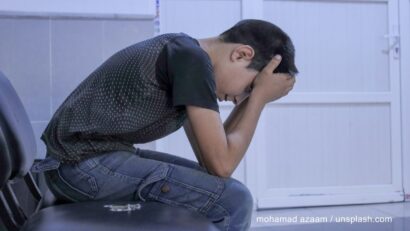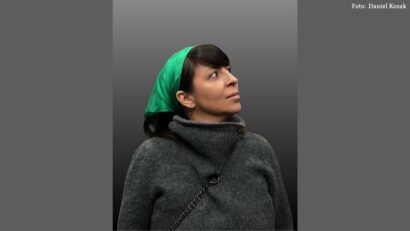Housing challenges for young people
Parent-child coresidence is a growing phenomenon in Romania

Christine Leșcu, 08.06.2022, 14:00
European statistics have confirmed over the
years the existence of a phenomenon that is not showing any signs of slowing
down: more and more young adults, aged 19-34, continue to live with their
parents. The dream of leaving home and becoming independent as quickly as
possible is no longer a priority for young Europeans, including in Romania. For
instance, in 2018, approximately 42% of young Romanians aged 25-34 still lived
with their parents, while the latest data shows that their number stands at 2.2
million. The pandemic did little to correct the situation, Romania ranking
among Europe’s top 10 countries with the highest rates of parent-child
coresidence. Ranking first are Croatia, Greece and Slovakia, while Nordic
countries such as Sweden, Finland and Denmark are the opposite end. Socilogist
Dumitru Sandu, a university lecturer at University of Bucharest, has studied
the phenomenon analyzing the recent data.
In 2020, at European level, 65% of young
adults in Croatia lived with their parents, 60% in Greece and 53% in Slovakia.
Romania ranked 10th with 43%. In fact, over 2018-2020 a major change
occurs that has to do with gender differences. The share of young men aged
24-34 who still lived with their parents stood at 55%. Young women in the same
age bracket accounted for 29%. Therefore, we are dealing with a difference of
approximately 27%. In terms of gender gaps, Romania ranks 2nd at
European level after Bulgaria, where the difference stands at 28%. Therefore,
we are witnessing in Europe a gap not between the old EU and the new one, but
between geographical extremes. There are southern countries like Croatia,
Greece, Slovakia and Romania, which have demographic tendencies similar to
Portugal, Spain, Italy and Malta, and then we have Nordic countries, creating a
major rift between southern and northern Europe.
The main cause behind this phenomenon is
economic in nature. High youth unemployment, soaring rent and the growth of the
real-estate market are reasons that prevent young people from leaving their
parents’ house. The persistence of older cultural or social models might also
contribute to this reality, all the more so considering the aforementioned
gender differences.
Economic reasons are real, but there’s also
a cultural or social motivation, in the sense that in the traditional cultural
paradigm the man is the main income provider. Men dominate the labor market.
This social motivation impacts sociological studies. I have measured the social
performance of the 27 EU countries in terms of life expectancy at birth, an
indicator used in expert studies that measure the development of societies. In
a nutshell, societies with underdeveloped social and health services tend to
force young adults to continue to live with their parents, men in particular.
Hence the huge gaps between men and women in southern Europe compared to
northern Europe.
Still, this doesn’t fully explain the
phenomenon, considering southern Europe has undergone many transformations,
Romania being a case in point.
Poor countries in southern Europe have in
the last 20 years experienced a process of accelerated growth in terms of the
prospects of young adults. In brief, young people in Romania, regardless of
their financial situation or the country’s economic development, want to live
in the West. Under these circumstances, some of them leave to Western
countries, but others stay behind. They curb their personal spending and
prepare to make a family. For instance, Romanian society has started investing
more in more in child education. We don’t want a lot of children, but to offer
them a better live, in our family, in our household and in society, so that
they have access to better education and higher living standards, Romanians
tend to think. Therefore, this type of procrastination that might seem peculiar
at first glance is completely sound. It results from the sudden increase in the
aspirations of relatively poor young people in southern Europe who postpone
making a family and building their own household until the conditions are
ideal.
Unfortunately, none of the current studies
indicates the fact that the level of parent-child coresidence will go down any
time soon, at least as long as the current economic context persists. (VP)






























